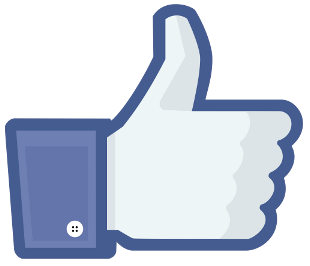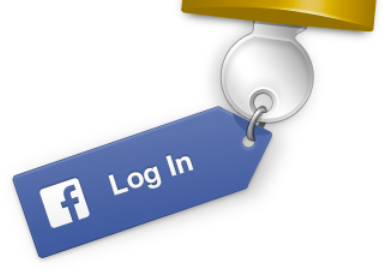
For users, Liking is about performing identity. For Facebook, Liking is about creating marketing profiles. Since Facebook first added the Like feature, users can now Like almost anything including companies, celebrities, and products.
Beyond Liking, Facebook has added new verbs so that users can interact more with the site. Now users can Like, Share, Recommend, Join, Attend, and so on. These added verbs allow users more ways to perform their identities on the site, but they also allow Facebook to have more insight into what users are doing on a daily basis.
Often, it is hard to not use these functions. We enjoy the ability to Like our friends posts to show that we are on the same page, we enjoy the ability to Share content that we think will be useful, we enjoy the ability to Join pages because often local businesses give us coupons, and we enjoy the ability to create events and manage participation through the Attend feature. Sometimes not using a tool isn’t the answer. Sometimes the answer is just to be aware of what Facebook does with your information and to think of fun ways to not always exactly follow the site’s suggestions, whatever you find they are for you.
<
>
Close X
Facebook is what I have called a “tentpole” site. In film, the tentpole movie is the one that the studio knows will make a lot of money and therefore support the other, smaller films that the studio is producing. Therefore, in this case, a tentpole site would work to support other sites.
In a similar way, Facebook supports the use of other social networking sites and social media apps. Users can have Facebook automatically post tweets from Twitter or workouts from Nike.
In a more literal sense, Facebook acts as a tentpole because it supports all social media usage. It folds in almost all other social apps so that users can interact with them through Facebook. What this means is that Facebook users tend to use Facebook much more than they would if it was a standalone site. Additionally, Facebook has the added bonus of collecting all of the data that users input into the other sites and apps.
<
>
Close X

In addition to allowing users to connect social apps to their Facebook profiles, Facebook has also created what they call “Open Graph.” Their goal is to make a “social web.” Similar to the internet, Facebook claims that their social web will be more about connecting people.
This innovation means that any site can allow its visitors to sign in with their Facebook password. Also, sites can add a number of Facebook “buttons” including Share, Recommend, and Comment. Users can only use these buttons when they are logged in. Therefore, Facebook trying to build their Open Graph means that they keep users logged in for longer period of time. In fact, most users never logout.
Facebook creating an Open Graph or Social Web not only connects people to one another, it also connects all of your online identities into one, collapsed self that Facebook labels as the “authentic” you. This means that the multiple selves that you have offline in different social situations are getting harder and harder to keep separated online. But, you don’t have to connect all of your online selves. You can choose to not have social apps automatically connect to Facebook, you can sign into sites with separate login information, and so on.
<
>
Close X
What is the point of Liking? For users, the answer to this question is limitless. Some say that they enjoy showing their friends the music, movies, and books that they enjoy through Facebook’s Like feature. Others say that they feel some agency in being able to somewhat control the advertisements and page suggestions that they receive. Whatever your answer may be, or if your answer is simply that you don’t Like many things, Facebook’s answer is all about marketing. The more a user Likes, the more profitable that user is to Facebook.
Click the images below for more information:

you like this

apps

open graph





